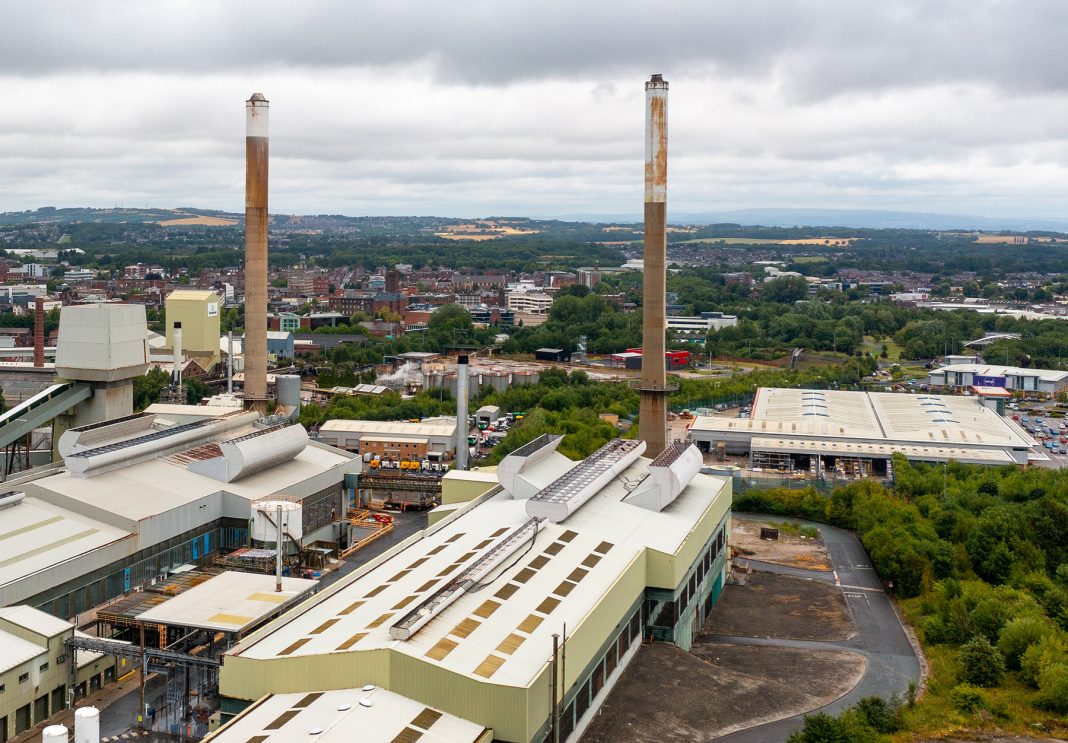Pilkington UK has revealed a £multi-million investment that will see its flat and rolled glass operations brought together on one site as well as saving 15,000 tonnes of CO2 emissions annually.
The project, partly funded by £3.7m of government grant, will see both processes operate from an upgraded furnace at its Greengate plant in St Helen’s where rolled glass production will be added to its existing flat glass operation.
It will also see the end of the Watson Street unit after nearly 200 years of manufacturing on the site. All the jobs will relocate to Greengate and the old site will close when the project is completed in the summer of 2024.
The work will begin in August 2023, with the line due to be up and running by
The project will be backed by a £3.7m grant via the government’s Industrial Energy Transformation Fund (IEFT), which helps cover the costs of industrial energy efficiency and decarbonisation projects in the UK.
Neil Syder, managing director of Pilkington UK, said: “This project represents one of the single biggest investments we’ve made in our UK manufacturing facilities in decades, and will ultimately secure the future of rolled glass manufacturing in the UK.
“Working out of one furnace will enable us to make a permanent and significant saving in CO2 emissions. It’s a radical shift in the way we operate, but we know that if we are to achieve our net-zero ambitions, we need to make change across all areas of our business.
“The Watson Street site has been operating since the 1800s and forms a key piece of our history. Throughout the years, the site has been instrumental in the development of different products, paving the way for a rich history of innovation in glass solutions.”
Last year, the Science Based Targets initiative (SBTi) certified parent group NSG’s aims to reduce greenhouse gas emissions by 30% by 2030, compared to 2018 levels. This forms the basis of the business’ plan to achieve carbon neutrality by 2050.
The move follows other work by Pilkington to reduce the emissions of its operations. Last year, it completed several world-first trials of low carbon biofuel and zero carbon hydrogen fuels to fire its glass furnace https://www.the-glazine.com/?p=5381 . The trials ran in collaboration HyNet, a decarbonisation project working to promote the use of low carbon and hydrogen energy across the North West and Wales.












